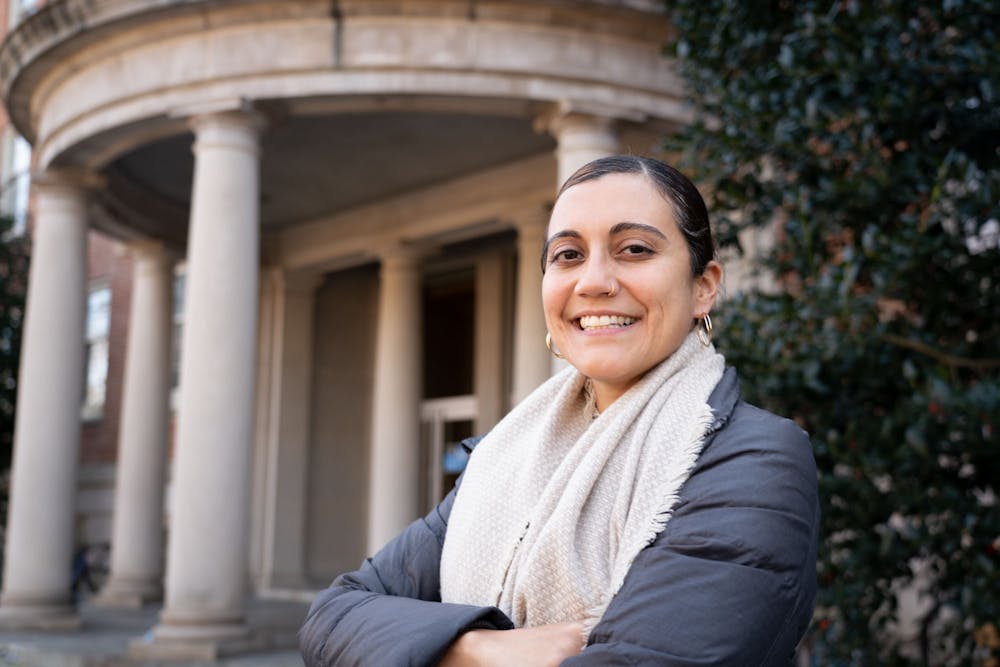With North Carolina facing a shortage of teachers of color, a new local program dedicated to promoting and protecting diversity among educators is accepting applications until Feb. 8.
Made possible by a $4.8 million grant funded by the U.S. Department of Education, the Diverse and Resilient Educators Advised through Mentorship — or UNC DREAM — program seeks to support and retain teachers of color through a partnership between the School of Education and Durham Public Schools.
“This is a program, a concept, a dream, if you will, that is trying to address educational equity in a very specific and deliberate way,” DREAM Project Director Emily Chávez said.
DREAM is a four-year program that combines both training and mentorship for educators of color. In their first year, applicants who become DREAM residents will receive Master of Arts in Teaching instruction that focuses both on coursework and fieldwork experiences.
“One of the elements of the program is infusing and focusing more on transformative social-emotional learning,” Chávez said. “We focus on equity, looking at the dynamics of power, privilege and different social groups and their relationships.”
DREAM residents also receive $28,000 in financial support during the MAT program and obtain licensure in certain fields of education upon completion of the program.
Then, for the next three years, DREAM residents work full-time as instructors with DPS, receiving mentorship in a teacher-induction program meant to help them overcome the various challenges facing beginning educators.
“In general, we provide ongoing mentorship to really help them become successful and feel very grounded in their teaching practice,” Chávez said.
DREAM’s major focus is addressing the gap between educators and students of color.




